What is VPN and how it work?
A VPN, or Virtual Private Network, is a technology that allows users to create a secure and encrypted connection over a public network, such as the internet.
(In this post, the terms VPN and Virtual Private Network are used interchangeably for clarity and consistency.)
It enables individuals and businesses to protect their online privacy and data by routing their internet traffic through a remote server.
This server masks the user’s IP address and encrypts their data, ensuring secure transmission and preventing unauthorized access to sensitive information.
Virtual Private Networks are particularly useful for travelers, business owners, investors, and professionals seeking to safeguard their online activities and data.
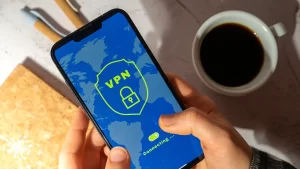 In today’s increasingly interconnected digital age, securing your online activities is more critical than ever.
In today’s increasingly interconnected digital age, securing your online activities is more critical than ever.
Whether you’re a traveler, business owner, investor, or professional, the importance of protecting your sensitive information cannot be overstated.
A Virtual Private Network is a powerful tool that helps achieve this by creating a secure, encrypted connection over the internet.
In this blog post, we’ll break down what a Virtual Private Network is, how it works, and why it’s essential for safeguarding your privacy and enhancing your online security.
From preventing data theft on public Wi-Fi in places like airports or coffee shops to accessing restricted content, a VPN helps you stay safe online.
Understanding how a VPN works can give you the confidence to navigate the internet in today’s fast-changing digital world.
History and Evolution of VPN Technology
In the mid-1990s, Microsoft introduced the Peer-to-Peer Tunneling Protocol (PPTP), marking the beginning of Virtual Private Network technology.
It provided a secure way for remote employees to access corporate data over the internet.
As concerns about internet privacy and cybercrime increased, VPN technology underwent significant advancements.
Today, modern VPNs utilize robust encryption protocols such as OpenVPN and WireGuard, offering fast, secure, and private internet connections.
VPNs are no longer limited to businesses; individuals now rely on them for anonymity, protection against hackers, and access to geo-restricted content.
This evolution has made Virtual Private Networks an essential tool in safeguarding privacy and security in our interconnected online world.
Importance of Using a VPN today
In today’s online world, using a VPN has become essential for protecting personal identity and securing sensitive information.
has become essential for protecting personal identity and securing sensitive information.
With the rise of cybercrime, a Virtual Private Network ensures that your data is encrypted, preventing hackers from accessing your personal details, especially when using public Wi-Fi.
It also adds a layer of security for online transactions, safeguarding your banking and payment information from prying eyes.
Moreover, a VPN allows you to bypass geo-restrictions, giving access to content that may be blocked in certain regions.
Whether streaming, working remotely, or traveling, a VPN enhances your online privacy, ensuring your browsing activity remains confidential and secure, regardless of your location.
How Virtual Private Network Work?
Virtual Private Network work by creating a secure connection between your device and the internet through an encrypted tunnel.
When you use a Virtual Private Network, your data is scrambled, making it unreadable to anyone trying to spy on you.
Virtual Private Network also hide your real IP address, so websites only see the IP of the VPN server.
There are different types of VPN protocols like OpenVPN, WireGuard, and IKEv2, which determine how the data is securely transmitted.
Each protocol has different levels of security and speed.
Virtual Private NetworkVirtual Private Network use strong encryption techniques, such as AES-256, to keep your data safe from hackers or unwanted tracking.
This ensures your online activities remain private and secure, even on public networks like Wi-Fi at a café or Airport.
what are major features of a Virtual Private Network?
- Encryption: Virtual Private Network encrypt your internet traffic, ensuring that all data transmitted between your device and the VPN server is secure and unreadable to anyone trying to intercept it.
- IP Address Masking: Virtual Private Network hide your real IP address, making it appear as though you’re browsing from a different location. This provides anonymity and protects against tracking.
- Bypassing Geo-Restrictions: Virtual Private Network allow users to access content restricted by geographical location by connecting to servers in different countries, enabling access to region-specific content like streaming services.
- Secure Connection on Public Wi-Fi: Virtual Private Network protect your data from potential hackers when using unsecured public Wi-Fi networks by creating a secure, encrypted connection.
- No-Log Policy: Many Virtual Private Network services offer a no-log policy, meaning they do not track, store, or share any details of your online activities, ensuring maximum privacy.
- Multiple Protocols: Virtual Private Network support various security protocols (e.g., OpenVPN, WireGuard, IKEv2) that balance speed and security based on your needs.
- Kill Switch: A kill switch automatically disconnects your internet connection if the Virtual Private Network connection drops, preventing unprotected data exposure.
- Multi-Device Support: Virtual Private Network typically allow multiple devices to connect under one account, providing protection for all your gadgets.
Chosing the right VPN
Selecting the right VPN is crucial for securing your online activities in a world where privacy is becoming increasingly valuable.
A VPN creates an encrypted tunnel for your data, keeping your digital footprint private and protected from prying eyes.
When choosing a VPN for your phone or PC, it’s important to consider that each device has unique security needs.
The right provider will offer seamless integration across platforms, ensuring you get reliable protection whether you’re browsing on mobile or working from your desktop.
With numerous VPNs on the market, it’s essential to choose one that balances strong encryption, fast connection speeds, and ease of use, while also offering great value for money.
Opt for a VPN that allows multiple devices under one subscription, providing comprehensive security at an affordable price.
Investing in a VPN that offers both quality and affordability ensures you can protect your online privacy with peace of mind.
In today’s digital world, securing your online presence is more than just an option—it’s a necessity.
Free Virtual Private Network Servicves
Using free Virtual Private Network services might seem like a good idea, but they can put your personal data at risk.
They may collect and sell your information or expose you to hackers. For more details on how free Virtual Private Network can be dangerous, check out our blog post “The Danger of Using Free VPN Services.”
Which VPN Service is best for you?
With so many VPN services available, it can be challenging to determine which one truly stands out.
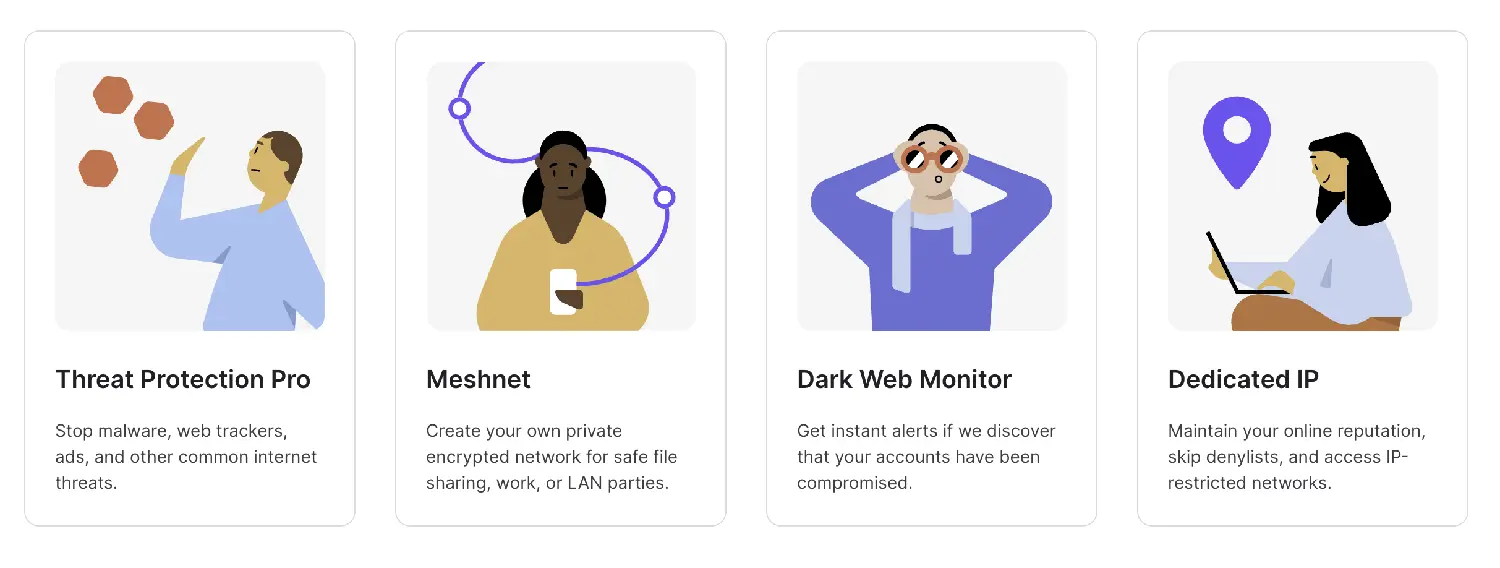
While many offer similar features, when it comes to getting the best VPN at the best price, my top recommendation is NordVPN.
It combines top-tier security, ease of use, and an affordable pricing structure, making it the ideal choice for those seeking reliable online protection without breaking the bank.
Why NordVPN?
When deciding which VPN service is best for you, NordVPN consistently ranks as a top choice.
As highlighted in Security.org’s review, it offers industry-leading security features, including advanced encryption, a strict no-logs policy, and over 6,000 servers across 60 countries for fast and reliable connections.

Not only is NordVPN highly secure, but it is also incredibly user-friendly, with an intuitive interface that makes setup and usage straightforward, even for those new to VPNs.
Its versatility across multiple devices, including smartphones and PCs, ensures seamless protection wherever you go.
NordVPN’s pricing structure is also one of the best on the market, offering significant value with plans as low as $3.29 per month for long-term subscriptions.
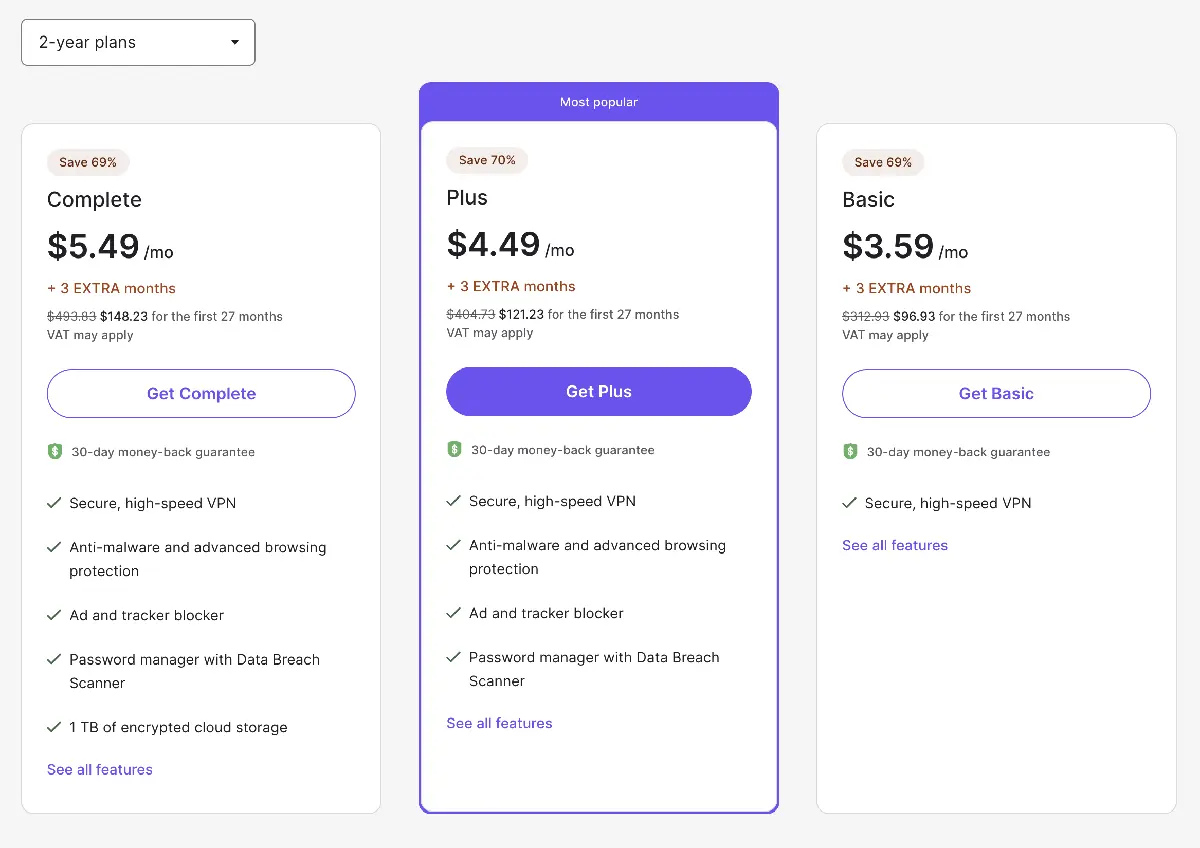
This combination of affordability, robust security, and ease of use makes NordVPN an ideal choice for anyone looking to enhance their online privacy without compromising speed or convenience.
Conclusion
The importance of using a Virtual Private Network cannot be overstated in a world where cyber threats and data breaches are on the rise.
Whether you’re working remotely, streaming content, or simply browsing the web, a Virtual Private Network adds an essential layer of protection to your online activities.
With your newfound understanding of what a Virtual Private Network is and how it works, now is the perfect time to make your move.
Protect yourself and your information by choosing a reliable Virtual Private Network service.
Don’t leave your online privacy to chance—start using a Virtual Private Network today for a safer, more secure digital experience.
We’d love to hear your thoughts! Please leave your comments and suggestions in the comment box below—your feedback is valuable to us.
If you found this article helpful, don’t forget to share it with your friends and colleagues.
Help them stay informed about the importance of using a Virtual Private Network and how it can protect their online privacy.
Sharing is caring, and together we can create a safer, more secure online environment!
![]()

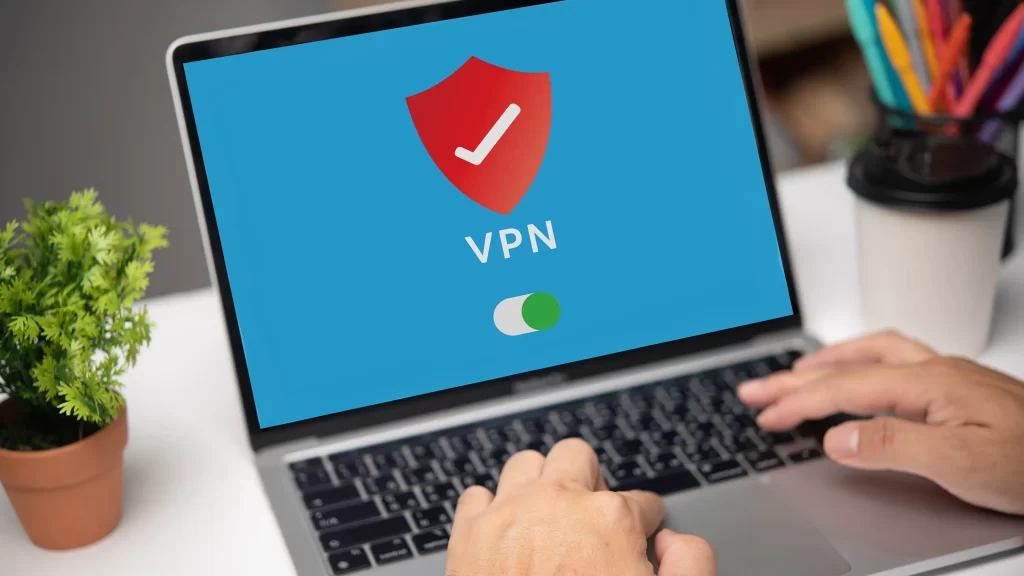


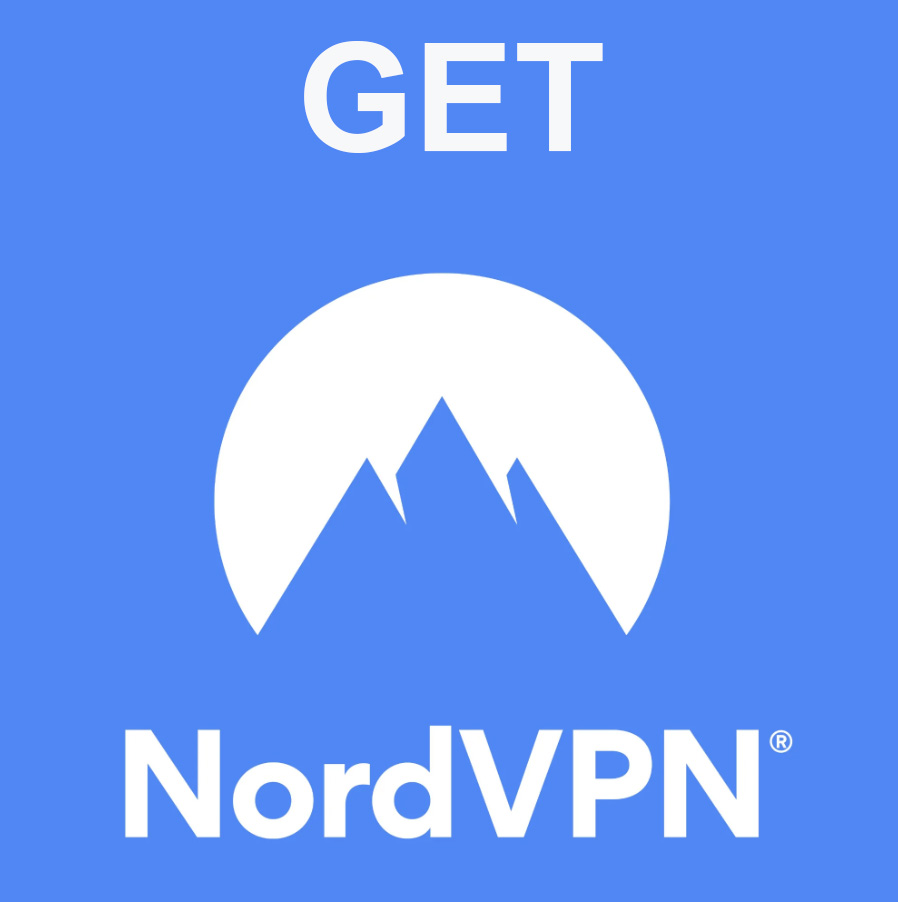






One Response